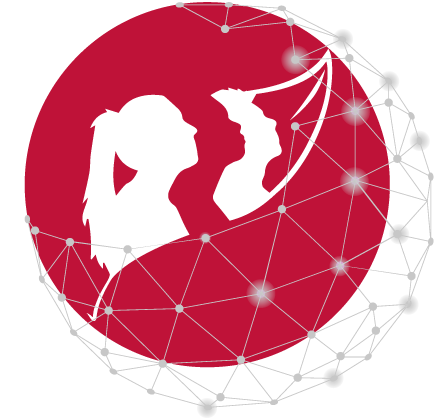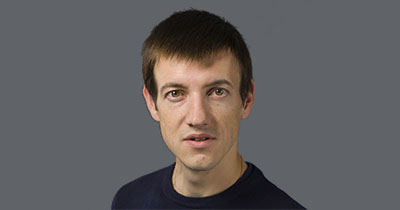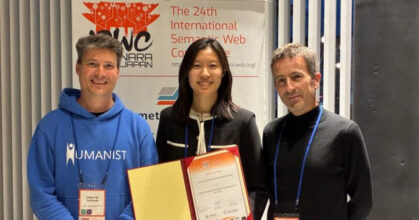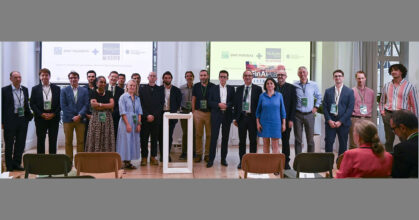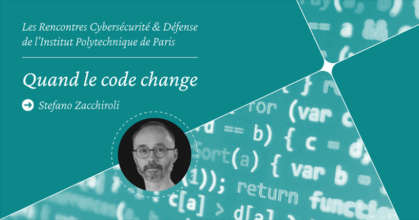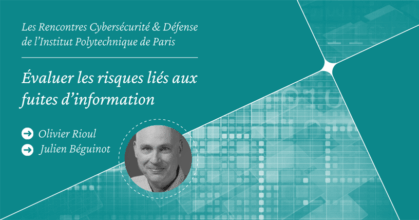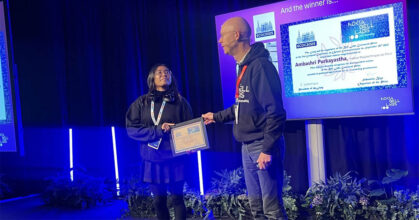The team’s research themes are on the architecture and methods required to design effective embedded systems with strong constraints such as security and reliability. Its objectives are closely linked to the study of cutting-edge technologies which enable designers to tackle ever increasing constraints that include complexity, reliability, energy efficiency, operational speed, security and flexibility. These research projects are closely linked to industry needs. They focus on new concepts for future technologies but also on the significant improvement of existing products. A good illustration of this is provided by the team’s scientific output, which consists not only in publications but also in patents that can be directly applied by industry and by open-source software.
Research
The team’s work focuses on three major themes:
- Security constraints are dealt with in the Trusted Computing Hardware theme
- Reliability constraints are dealt with in the Analysis and Design of Reliable Processors Based on Unreliable Technologies theme
- Complexity and energy efficiency constraints are dealt with in the Optimal Architectures for Complex Algorithms Implementations theme
Team members
- Lirida Naviner, Professor, team leader
- Sumanta Chaudhuri, Associate Professor
- Jean-Luc Danger, Professor
- Tarik Graba, AssociateProfessor
- Ulrich Kühne, Associate Professor
- Yves Mathieu, Professor
- Alaa Eddine Mazouz, Associate Professor
- Maria Mushtaq, Associate Professor
- Laurent Sauvage, Associate Professor
- Abdelmalek Si merabet, Research Engineer
- Minhao Yang, Associate Professor
Key words
- Hardware security of embedded systems against physical and cyber attacks
- Hardware reliability of embedded systems
- Architecture and design methods for embedded systems
LTCI latest news

In silico drug design (I'MTech)
Data Science & AI, Faculty Members — 03/03/2026Pavlo Mozharovskyi explores how robust statistics and AI deeply transform molecule screening, particularly for aging.
Best Paper Award at Int'l Semantic Web Conference
PhD, Faculty Members, Modeling — 16/02/2026Y. Peng, Th. Bonald, and F. Suchanek receive a Best Paper Award for their paper “FLORA: Unsupervised Knowledge [...]
[Ideas] Could AI help combat tax evasion?
Data Science & AI, Digital Economy, Faculty Members — 03/02/2026Nils Holzenberger: help legislators to anticipate risks when drafting new laws.
[Ideas] Research: balance between targeted innovation and scientific freedom
Faculty Members — 29/01/2026F. Grillot: Supporting fundamental research with no immediate purpose is essential for major scientific [...]
Smartphone Circular Economy & Buy-Back Policies
PhD, Digital Economy, Modeling — 26/01/2026In her PhD thesis, Tiphaine George develops an innovative mathematical model of the circular economy of smartphones.
FinAI-Lab, joint lab with BNP Paribas about Financial AI
Data Science & AI, Digital Economy — 03/12/2025This new lab helps address key challenges faced by large financial institutions when deploying AI at [...]
Macro-threats on microarchitectures
Digital Trust, Faculty Members — 28/11/2025Maria Mushtaq, researcher at Télécom Paris and organiser of the MIC-SEC winter school, sheds light on the developments and [...]
When the code changes (IP Paris)
Digital Trust, Faculty Members — 30/10/2025Stefano Zacchiroli is co-founder of the Software Heritage project. Drawing on this global archive of open source software, he offers [...]
Assessing the risks associated with information leaks
PhD, Digital Trust, Faculty Members — 17/10/2025Olivier Rioul and Julien Béguinot, PhD student, use tools from the mathematical theory of communication [...]
Future of optical communications: Best Student Pitch
PhD, Communication Systems & Networks — 04/10/2025Congratulations to Ambashri Purkayastha, PhD student at LTCI (Télécom Paris), SAMOVAR (Télécom [...]
